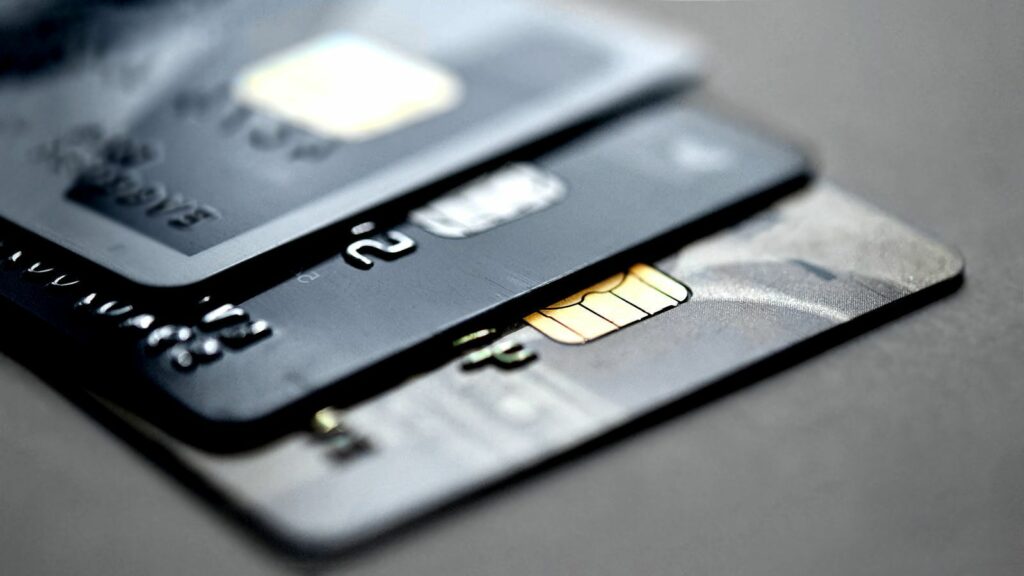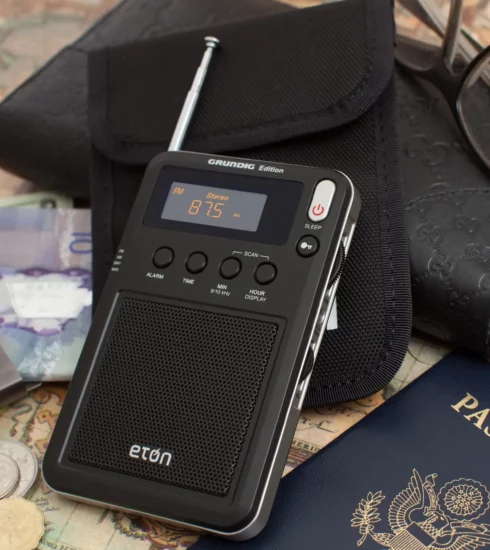Personal Tradecraft Offshore Banking
A covert operative’s personal banking strategy utilizing multiple offshore banks for a variety of benefits in the same vein as survival prepping.
Money does not dictate your lifestyle, it’s what you do to get it and how you manage your finances that determines your lifestyle.
Wayne Chirisa
An alternate method of diversifying your money by spreading it not through various investments but across foreign banks. It’s a way of managing your money like survival equipment through prepping – stockpiling assets, but around the world.
It’s a simplified variation on how active operatives manage money for professional purposes. This is how that method can be used in personal capacities for ordinary civilians with modest incomes.
Traditional survival prepping is the continuous process of acquiring and compiling tools, sustenance, weapons and other relevant items reserved specifically for catastrophic emergencies. The problem is that the entirety of the prepped supplies are usually in singular, centralized locations.
Even if your cache is safe and secure, you are locationally dependent to it – problematic if you’re no way near your cache or if logistics is impossible.
More importantly, while a central cache seems convenient and ideal, if that one location is compromised by any number of threats, all is lost.
Having all your money in a single bank and even a single country has the same potential problems.

There are many more benefits to having a secondary or multiple offshore bank accounts;
+ Asset Protection
+ Political Risk Mitigation
+ Global Medical Care Access
+ Financial Flexibility
+ Asset Concealment
+ Government Jurisdiction Control
+ Currency Diversification
+ Asset Accessibility
+ Higher Interest Rates
+ Financial Privacy
The method is simple: for basic needs, open at least one checking or savings account in a foreign country and move a certain amount of money into it.
In most cases, this account can be used like your home bank – anywhere in the world, including home.
For higher finance and more complex needs, open multiple types of accounts in many countries. Swiss numbered accounts or other secret banking services are also an option for advanced “professional” use.
Relative to American banks, opening an offshore account is actually easier in most most countries, even as a non-residential foreigner.
As per standard, a passport and a small opening deposit is required. For most banks, all you need beyond that is a valid local address – which an Airbnb will suffice if you don’t actually live there.
For most basic accounts (checking, savings, online only), at most but rarely, a bank may require proof of employment or a work permit for the country. While these can be difficult to procure, this is a bank specific-requirement, not country-specific.
As with any other bank, just apply in person and your new debit card will be sent to the given address.
Then you can “bank” from anywhere in the world with that account without having to physically visit that bank again. Using it like your home bank with most of its conveniences but with added benefits.
I’ve amassed many offshore bank accounts around the world over time, initially during work as a covert operative then currently as a nomad. Most of them collect decent interest albeit the average account balance being barely over $1000 USD.
However, none have any monthly / annual fees and all funds (with one exception) are readily accessible through ATM withdrawals or bank transfers.
Having a bank account in a foreign country is perfectly legal for American citizens but the law is not the same for all nations so do your due diligence.
This isn’t investment advice, it’s an alternate banking strategy with survival and prepping in mind.







